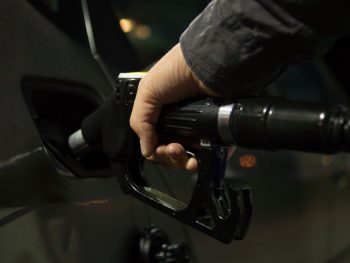Fuel retailers warned to cut prices now or ‘lose all credibility’
Fuel retailers must cut the price of petrol and diesel this week or risk losing all credibility with drivers, the RAC is warning.

The average retailer profit margin stands at 19p a litre for petrol and 15p for diesel – making unleaded 12p a litre too expensive and diesel 10p too dear
Its data shows that forecourts are making on average 19p a litre profit on petrol and 15p for diesel – overcharging them by 12p and 10p a litre respectively now after a latest drop in wholesale costs.
Unleaded is currently at an average of 147.64p a litre and diesel is 150.85p. However, if the biggest retailers had cut prices to reflect the fall in the wholesale market, they should really be 135p and 141p respectively.
Instead, retailers have been living up to the worst ‘rocket and feather’ behaviour by resisting reducing their pump prices – in stark contrast to their usual practice of passing on increases daily when wholesale prices go up.
RAC fuel spokesman Simon Williams said: “Ten days ago we highlighted that petrol was 6p too expensive due to a fall in the wholesale price. Sadly, the biggest retailers, who lead the market, have stood strong and taken advantage of their customers by collecting bigger profits on every litre they sell than they traditionally do.”
He added: “While retailers might resent the RAC pointing out that their fuel is overpriced, this doesn’t change the fact that they should cut. And if they don’t, we feel they will lose credibility with drivers, although it’s very difficult for motorists to vote with their feet because they have nowhere else to go.”
The RAC also urged the Government to step in if a substantial cut doesn’t materialise, as there’s no public body monitoring fuel prices to see if they’re fair.
“With fuel prices at record highs, drivers are in dire need of some respite at the pumps and now it’s impossible to blame the prices on rising oil costs.
“It seems as though retailers think they can get away with charging more for fuel because of the public’s general acceptance of rising energy prices.”













